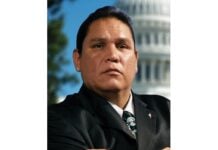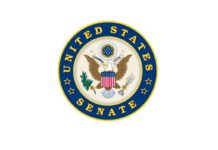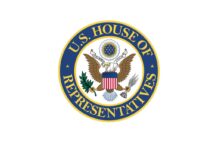SEATTLE, WA – The Ninth Circuit Court of Appeals has affirmed the dismissal of Maverick Gaming LLC’s lawsuit against federal and state officials in a case concerning sports betting and gaming compacts in the State of Washington. The decision was based on the court’s finding that the Shoalwater Bay Indian Tribe, a key stakeholder, is a required party to the litigation but cannot be joined due to its sovereign immunity.
Overview of the Case:
Maverick Gaming LLC, a casino gaming company that owns 19 cardrooms in Washington, filed a lawsuit seeking to invalidate the state’s tribal gaming compacts that allow sports betting exclusively on tribal lands. Maverick alleged that the compacts violated the Indian Gaming Regulatory Act (IGRA), the Equal Protection Clause, and the Tenth Amendment of the U.S. Constitution.
The Shoalwater Bay Tribe, which intervened for the limited purpose of filing a motion to dismiss, argued that the lawsuit could not proceed without them due to the potential impact on their sovereign and economic interests. The court agreed, finding that the Tribe’s sovereign immunity precluded its participation in the case, and dismissed the lawsuit in its entirety.
Key Judgement Findings:
- Required Party Under Federal Rule of Civil Procedure 19:
The Shoalwater Bay Tribe was determined to have a legally protected interest in the gaming compacts, as their nullification would significantly impair the Tribe’s economic and sovereign rights. - Sovereign Immunity:
The court recognized the Tribe’s inherent sovereign immunity, which prevented them from being compelled to join the litigation. - Infeasibility of Proceeding Without the Tribe:
The court concluded that the case could not proceed “in equity and good conscience” without the Tribe, as doing so would unfairly prejudice its rights and interests.
Implications of the Ruling:
The court’s decision reinforces the principles of tribal sovereignty and the critical role of gaming compacts in supporting tribal self-determination and economic development. It also underscores the importance of including all necessary parties in legal actions challenging tribal-state agreements under IGRA.
Background on Tribal Gaming in Washington:
Since the enactment of IGRA in 1988, federally recognized tribes have negotiated gaming compacts with states to offer class III gaming activities on tribal lands. These agreements have enabled tribes to generate significant economic benefits for their communities while adhering to strict regulatory standards. In Washington, tribal casinos contribute over $2 billion annually to the state economy and employ thousands of individuals.












































